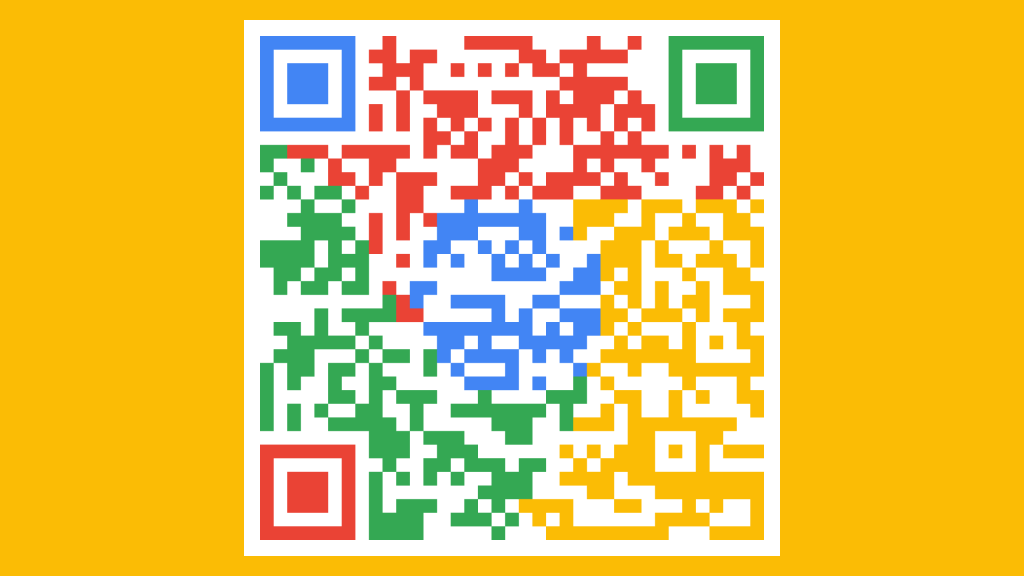On Thursday, 19th November 2020 the Vice President of Ghana, Dr. Mahamudu Bawumia unveiled the practical use of the Quick Response (QR) code payment system at a popular waakye food joint named Aunti Muni Waakye in Accra. The Vice President used his QR code to pay for the waakye in a simple process, which lasted less than 60 seconds.
The universal QR Code payment system allows a customer to make payment for goods and services to a merchant directly from their mobile phone. Addressing the media at the unveiling, Dr. Bawumia described the digital payment system as a historic game-changer in the quest to digitize Ghana’s economy and also edge the country closer into a cashless society.
“Today is a historic day because we are solving a major problem here in Ghana. It is also historic because Ghana will be the first country in Africa to launch a Quick Response (QR) code payment system,” said Bawumia.
“Not only are we the first country in Africa, we are also, as far as I am aware, the third country in the world to launch a Quick Response Code after Singapore and India. However, Singapore and India, their QR codes only cater for bank customers. Ghana’s QR code will cater for both bank and non-bank customers, that is those who use mobile money and have bank accounts. So in this regard, Ghana’s QR Code is unique and it is the first of its kind in the world,” he further stated.
The unveiling of the practical use of the QR Code System follows the virtual launch of the QR Code Payment System on Wednesday, March 25, 2020, due to the coronavirus outbreak. Speaking at the launch, Dr. Mahamudu Bawumia said he was hopeful that this new digital payment system will be more widely accepted by merchants than the other forms of digital payment systems since many merchants and clients had issues with such factors as, the cost of point of sale devices, card acceptance difficulties and processing fees.
“Even for merchants that accept electronic payments, there is no interoperability across the different banks across the different telcos. If there is a merchant that has been acquired by Vodafone for example, then an MTN customer is not able to use their mobile account to pay that merchant. Also, if ECOBANK has acquired a merchant, a GCB customer cannot use the ECOBANK terminal to pay from their GCB account. So, there’s no interoperability,” said Bawumia.
The aim of the QR Code
According to Bawumia,
“Our goal is to make a secure, convenient and low-cost financial service available to the vast majority of people and to solve the pain point of traditional financial institutions. In China and many parts of Asia, the universal QR Code has come as the solution to these problems that I have been talking about,” he said.
“The universal QR Code will bring about interoperability across the telcos and across all the banks and the telcos. They will all be on the same platform and this is the game-changer,” he further said.
Advantages of the Universal QR Code Payment System
Speaking at the unveiling ceremony, Dr. Mahamudu Bawumia stated several advantages this will have on the economy.
“Ours is a cash-based economy, which is very inefficient. Historically, many have been excluded from the financial system, but we have since been working to make Ghana’s economy a cash-lite, more efficient one, with the introduction of the Mobile Money Interoperability and today, Universal QR Code,” said Bawumia
“A cash-lite economy has so many advantages. It promotes transparency, prevents robberies, helps the growth of e-commerce and fintech, and in this day of Covid 19, cash, which is a known spreader of the disease can be avoided by using the QR Code,” Bawumia further said.
How the QR Code system works
What is interesting about this digital payment system is that both smartphone and non-smartphone (‘yam’) users can be paid through QR Codes. However, while smartphone users can simply scan the code to make payments, non-smartphone users have to dial an Unstructured Supplementary Service Data (USSD) code to effect payment.
After paying for his waakye at Aunti Muni Waakye, Bawumia explained that
“When you go to the merchant with a universal QR Code, as long as you have a bank account from any financial institution or a mobile money account from a telco, you’ll be able to pay the merchant regardless of which bank or telco has acquired the merchant or service provider instantly.”
“Any merchant can have it so, whether you are a chop bar operator, barber, carpenter, musician, mason, shoeshine boy, kebab seller, ‘Kofi brokeman’ seller, market trader, trotro, taxi driver, churches, schools, mosques, and even funeral committees for donations, you can get the QR Code. Basically, any business can get a QR Code,” Dr. Bawumia further explained.










